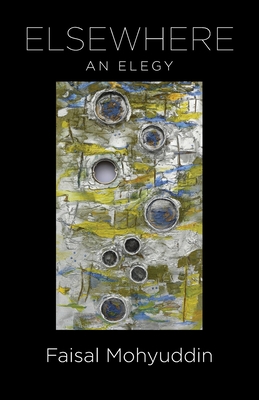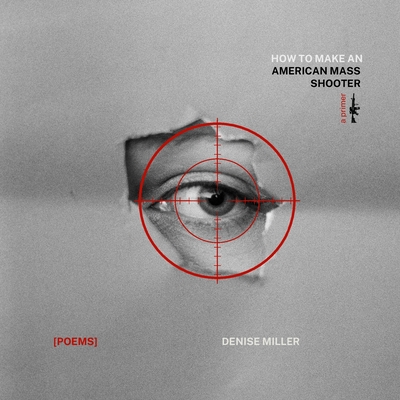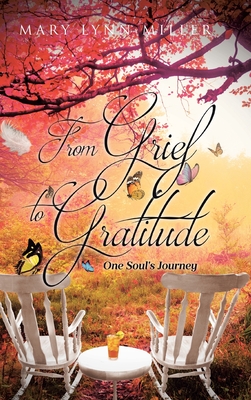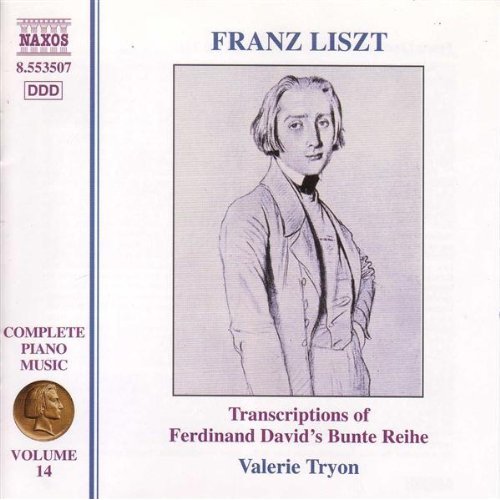
description
tates on the complexities of loss, on how private and everlasting the weight of grief is, how impossible it can feel to find stillness when memory and music continue to pull one back into heartache. Moving between short fragmented "answers" to the same lingering question, deconstructed haibun dedicated to ghosts and cowards, and dream sequences that ask what it means to lose one's father while one is first learning how to become a father, the speaker in Elsewhere: An Elegy cannot but help see himself as his own father, and his infant son as his own young self still held by innocence and wholeness. The speaker, with a slowly gathering sense of compassion admits, "I've still not divined / how to unhusk this steadfast / grief from my poems." Ultimately, he comes to recognize that the most healing way to grieve is to give, is to translate loss into generosity, pain into poetry.
member goods
No member items were found under this heading.
Return Policy
All sales are final
Shipping
No special shipping considerations available.
Shipping fees determined at checkout.







